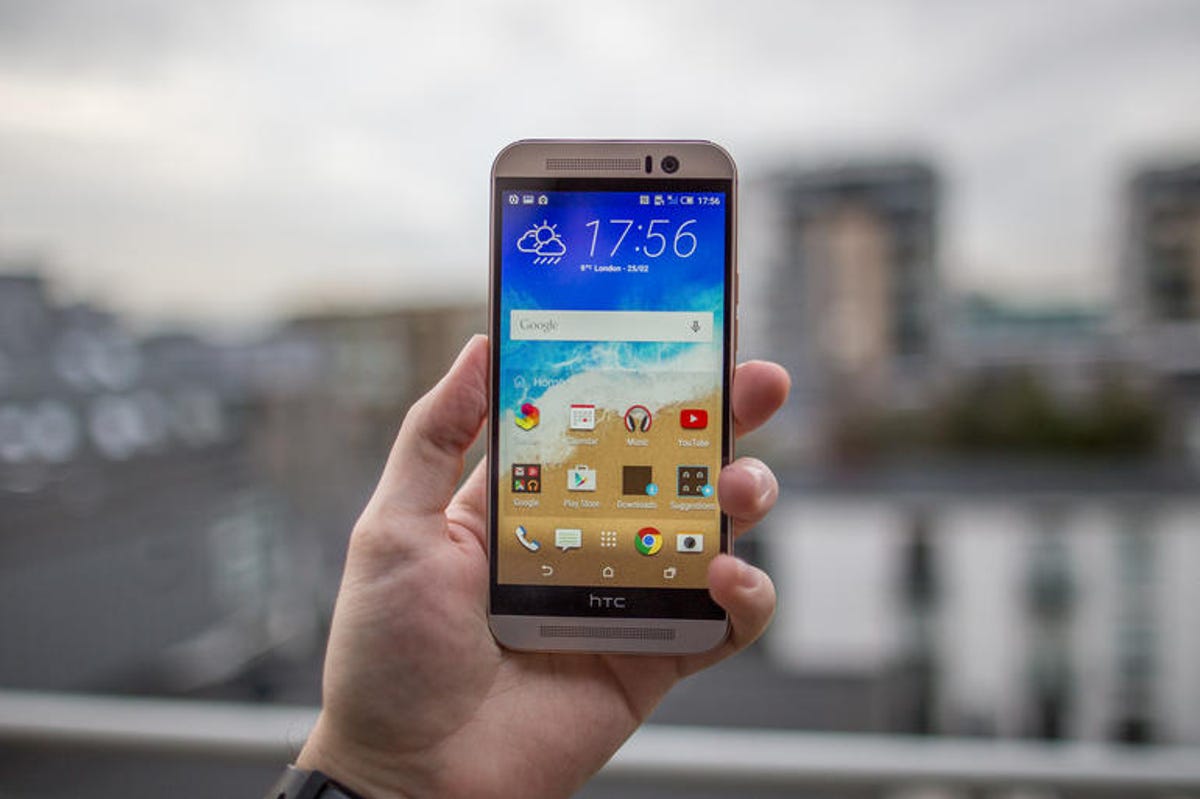
CNET
HTC is in a jam.
The Taiwanese smartphone manufacturer has long crafted critically acclaimed smartphones, only to have them ignored in favor of larger, flashier brands. The company’s troubles continued on Friday, when it cut its second-quarter revenue forecast and warned it would post a loss, breaking a streak of four profitable quarters.
The struggles underscore the difficulties of being a small fish surrounded by much larger players in the cutthroat business of selling premium smartphones. The company had made headway for a few quarters with its strategy of selling more affordable mass-market devices, but its little bit of progress appears to have run into a wall.
HTC, once a top smartphone vendor that has since fallen into the “other” category of competitors, said it expects revenue of 33 billion to 36 billion new Taiwan dollars, or US$1.06 billion to US$1.16 billion. It previously expected to generate $1.48 billion to $1.56 billion. In addition, HTC said it would post a loss of 31 cents to 32 cents a share in the period.
The company attributed the weaker financials to slower demand for its high-end Android devices, as well as weaker sales in China.
Its core smartphone business continues to be overshadowed by larger players such as Apple, Samsung Electronics and even LG. In China, companies such as Xiaomi, Huawei and ZTE have risen to be popular choices among local consumers.
As a result of the difficulties, HTC said it has embarked on a review of its assets, resulting in a one-time charge of $900 million.
HTC in March unveiled a new version of its HTC One flagship smartphone, although the device represented a minor update over the previous iteration. The company has embarked on a mission to expand its business beyond smartphones by introducing wholly new products, including a virtual reality headset and a fitness tracker.
“We have full confidence in achieving our vision and maximizing shareholder value through our world-class innovation and by seizing exciting new business opportunities in the connected lifestyle space,” Chairwoman Cher Wang said in a company statement.



